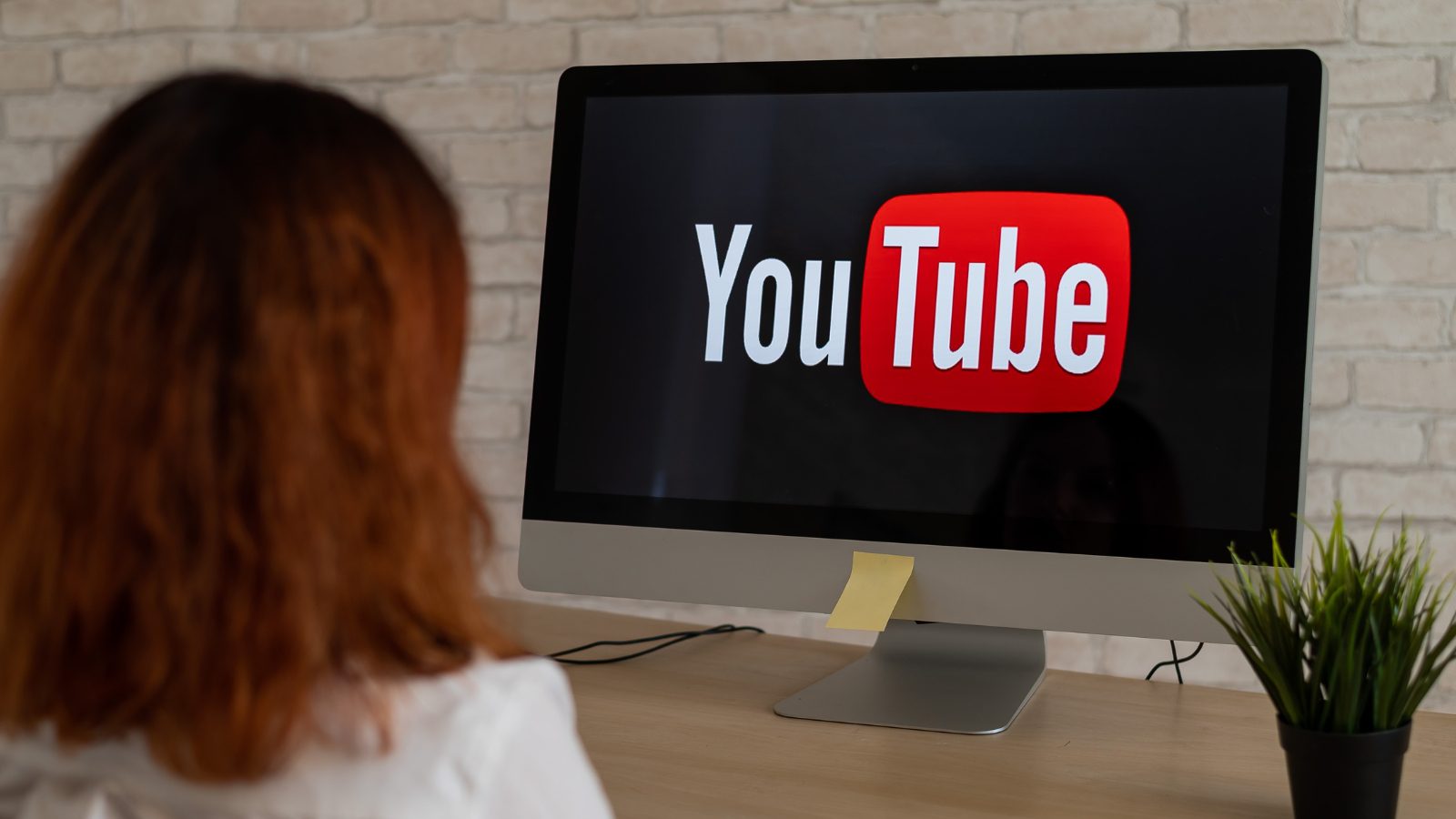In a move that could revolutionize how creators soundtrack their content, YouTube is quietly rolling out an AI-powered feature that lets select users reimagine popular songs for their Shorts.
This experimental tool, dubbed “Dream Track,” isn’t just another editing feature – it’s potentially reshaping the intersection of artificial intelligence and musical creativity on one of the world’s largest content platforms.
Here’s where it gets interesting: imagine taking your favourite song and transforming it into a completely different genre while keeping the original vocals intact.
That’s exactly what YouTube’s new feature promises to deliver, though currently only to a small group of creators in their testing phase.
The mechanics are surprisingly straightforward. Creators in the experimental group can select from a curated list of songs provided by participating music partners. But here’s the crucial part: instead of simply using the original track, creators can now describe their desired musical transformation – whether that’s shifting a pop song into a jazz arrangement or turning a ballad into an electronic dance track.
The system then generates a unique 30-second version that maintains the original vocals while completely reimagining the instrumental elements.
YouTube has carefully considered the ethical implications of AI-generated music. Each restyled track comes with clear attribution to the original song, visible both in the Short itself and on the platform’s audio pivot page.
Furthermore, all AI-modified tracks are explicitly labelled as such, maintaining transparency with viewers.
Opinion
This development represents a fascinating convergence of AI technology and creative expression that could fundamentally alter how creators approach music in their content. While the feature is currently limited in scope, its implications are far-reaching.
For the music industry, it presents both opportunities and challenges – potentially creating new revenue streams while raising questions about artistic integrity and rights management.
The success of this feature will likely depend on several factors: the quality of the AI-generated arrangements, the breadth of available songs, and most importantly, how creators utilize this tool to enhance their storytelling.
If executed well, this could mark the beginning of a new era in content creation where AI serves as a bridge between professional music production and creative expression.
Looking ahead, this experiment could pave the way for more sophisticated AI-music collaborations, potentially democratizing music production while maintaining respect for original artists through proper attribution and partnership agreements.
Reference and Source: YouTube.


